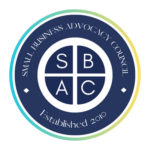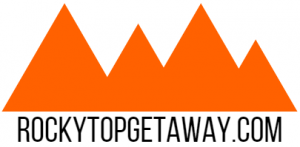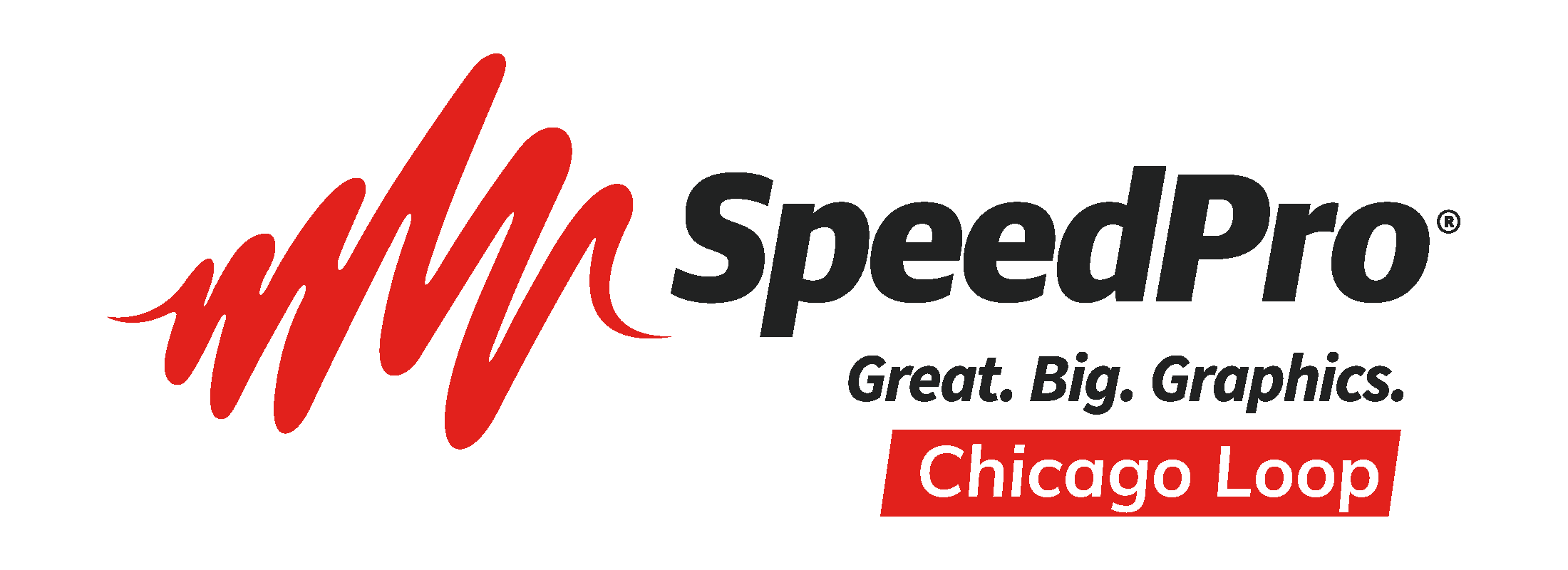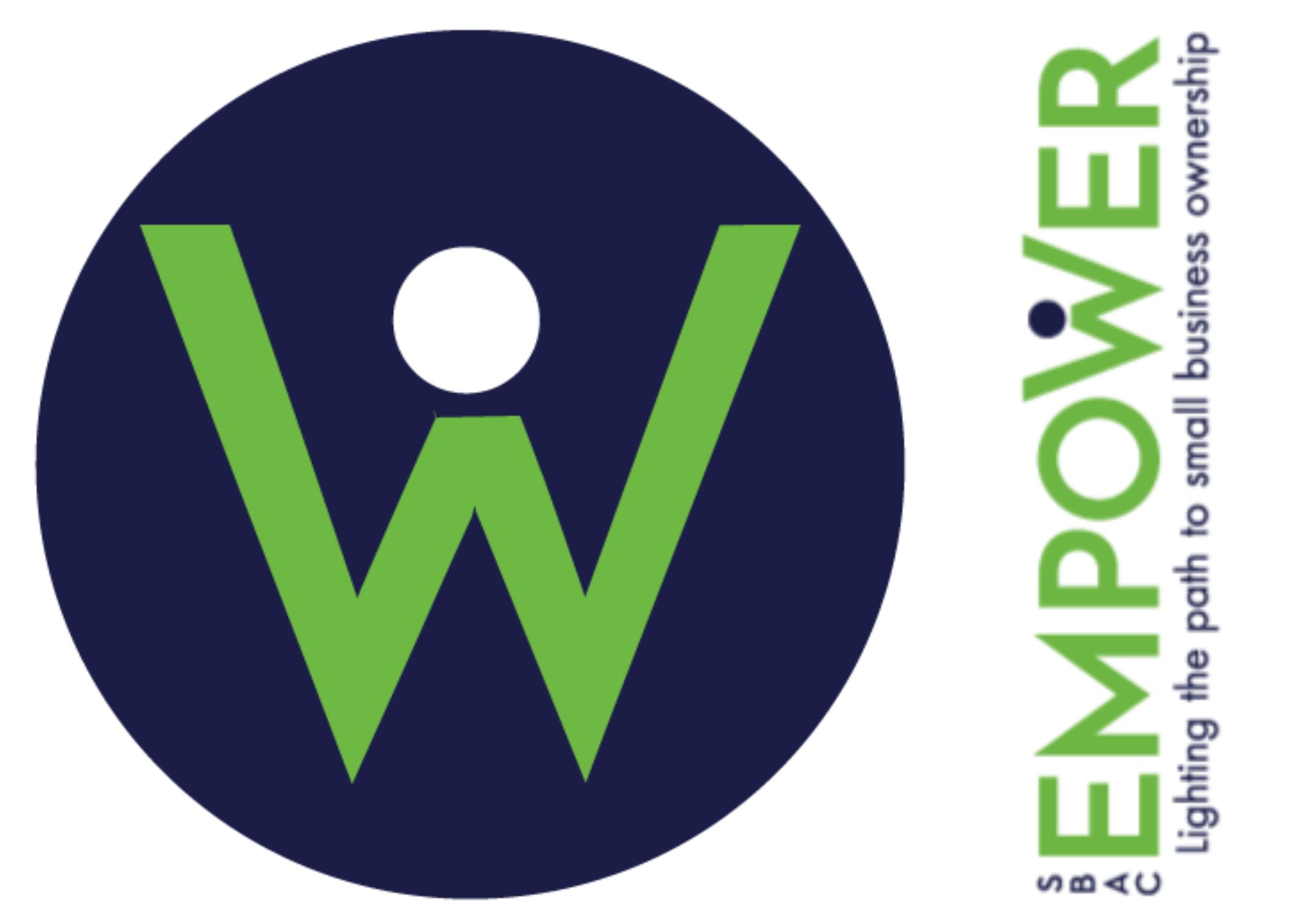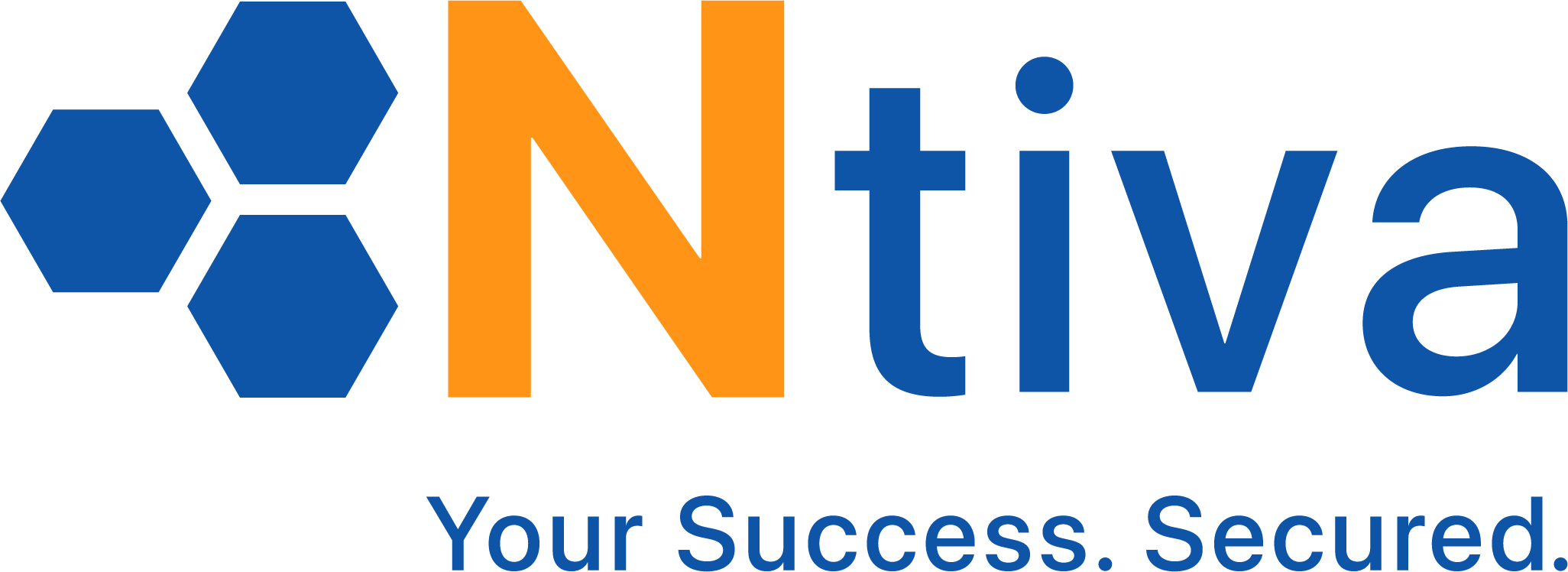
Community Development Block Grant Economic Development Program
The purpose of Community Development Block Grants for Economic Development to assist communities
attract or expand private businesses. The program provides financial assistance in the form of a grant to
the local government for the benefit of private businesses that create or retain jobs primarily for low-to-
moderate income workers. Grants may also be used to support public infrastructure improvements to
support economic development as an indirect benefit to a private business. The Economic Development
component funds are available on an as-needed basis throughout the year to all eligible applicants
meeting program component requirements until all funds allocated to this component have been
distributed.
Illinois Reproductive Health Facilities Capital Grant Program
To address the need to maintain and expand access to care, the Illinois Reproductive Health Facilities
Capital Grant Program will help abortion providers in Illinois address their needs for capital investment.
Grant funds may be used to invest in facility construction or durable equipment. Projects could include:
- New construction, renovation, or major repairs that facilitate expansion or continuation of
pregnancy-related medical services - Investment in new or upgraded equipment that improve care quality or facility capacity,
including medical devices or vehicles for mobile care units - Investment to upgrade or enhance security (barriers, alarm/surveillance systems, etc.)
Award amounts for eligible projects may range from $50,000 to $500,000. Grant recipients must provide a
15% total project cost match.
CDBG Disaster Response Program
The Community Development Block Grant (CDBG) Program was established by the federal Housing and
Community Development Act of 1974 (Act). Administered nationally by the U.S. Department of Housing
and Urban Development (HUD), the Act combined eight existing categorical programs into a single block
grant program. In 1981, Congress amended the Act to allow states to directly administer the block grant
for small cities. At the designation of the Governor, the Department of Commerce and Economic
Opportunity (Department) assumed operation of the State of Illinois CDBG – Small Cities Program in the
same year. Through this program, funds are available to assist Illinois communities to meet their greatest
economic and community development needs, with an emphasis on helping persons of low-to-moderate
income.
CDBG Economic Development Program
The Economic Development grant provides funds year-round to local governments, supporting projects that create or retain permanent jobs and attract private investment. Funding is based on project feasibility, need, and demonstrated benefits to low-to-moderate-income individuals.
Small Business Improvement Fund (SBIF)
Grants are available for business properties in specific TIF districts
Rollout periods based on TIF districts
Grant provides small businesses with money to property repairs
Wish Local Empowerment Program
This is a grant program for black-owned small businesses anywhere in the U.S.
Applicants can receive between $500-$2,000 to help toward business initiatives
Applications do not have a deadline
Chicagoland Chamber Employer Training Investment Program (ETIP)
A skilled workforce is essential to accelerating our economic recovery. Whether you work with one of our training providers, have an existing trainer you like to work with, or conduct internal training using company staff, you may be eligible to receive a 50% reimbursement through this program.
Hivers & Strivers Pitch Us Program
You must be a military veteran to seek funding with Hivers & Strivers Capital. If that is you, tell us about your highly-scalable, game-changing idea.
8(a) Business Development program
Federal contracting and training program for experienced small business owners who are socially and economically disadvantaged.
Businesses that participate in the program receive training and technical assistance designed to strengthen their ability to compete effectively in the American economy. Also eligible to participate in the 8(a) program are small businesses owned by Alaska Native corporations, Community Development Corporations, Indian tribes, and Native Hawaiian organizations. Small business development is accomplished by providing various forms of management, technical, financial, and procurement assistance.
MBDA Federal Grants
MBDA funds third-party organizations that provide services in support of the Agency’s mission to promote the growth and global competitiveness of minority business enterprises (MBEs). We often publish funding opportunity announcements to invite applications for grants, cooperative agreements, and other funding sources. Read on to learn about federal grants currently available
The Awesome Foundation Grant
The Awesome Foundation is a global network that provides $1,000 micro-grants to support innovative and impactful projects. Each chapter operates independently, usually awarding grants monthly. For small business owners and entrepreneurs, these grants offer a valuable boost to help launch new ideas or bring creative ventures to life. The foundation empowers individuals to turn their visions into reality by providing the resources needed to get their projects started
The Warrior Rising Program
Founded in 2015, is a nonprofit dedicated to turning veterans into successful entrepreneurs, or “Vetrepreneurs.” Through strategic business partnerships and a network of professionals, the organization provides veterans with remote learning, mentorship, and grants. Their goal is to create 100 veteran-owned million-dollar businesses by 2024.
America’s Seed Fund Grant
America’s Seed Fund, a program within the National Science Foundation’s Directorate for Technology, Innovation, and Partnerships, is dedicated to turning scientific and engineering breakthroughs into products and services that have both commercial and societal impact. Each year, the program awards over $200 million in research and development (R&D) funding to approximately 400 startups across the U.S., helping them bring innovative ideas closer to market success.
Lead Service Line Inventory Grant Opportunity
With more than $6 million available, this initiative assists communities in meeting inventory requirements outlined in the LSLRNA. Grants range from $20,000 to $50,000 per applicant and will be awarded on a first-come, first-served basis until funds are expended. Please note that this grant is solely for lead service line inventorying purposes; lead service line replacement costs are ineligible.
Businesses Reducing Impact on the Environment (BRITE) Program
The Cook County Department of Environment and Sustainability (DES) has launched the Businesses Reducing Impact on the Environment (BRITE) program. This free initiative aids businesses in lessening their environmental impact and promoting a healthier environment for their employees, customers, and community through on-site assessments focused on pollution reduction. Upon completing the assessment, eligible businesses may apply for grant funding.
Cook County Illinois Manufacturing Reinvented Grant
The Manufacturing Reinvented grant is a fully-funded opportunity tailored for Cook County manufacturers to enhance their production and sales, develop leadership, and train their workforce. It offers reimbursement for projects that focus on operational improvements, leadership and strategy development, sales and marketing growth, and workforce training.
Community Development Grant - Large
Large grants exceeding $5 million are intended to support eligible commercial, cultural, industrial, institutional, social service and mixed-use projects. Grants are intended to support approximately 25% of total project costs involving new construction, rehabilitation or both.
Private and non-profit developers, tenants and property owners are eligible to apply individually or jointly during competitive, semi-annual funding rounds.
2025 Women'sNet Grants Program
Multiple monthly grant opportunities designed to support women entrepreneurs at various stages of business growth. Awards provide flexible funding that can be used for operational expenses, expansion, or other business needs.
The program offers recurring application cycles throughout the year, making ongoing funding opportunities available. Eligibility varies by specific grant but generally requires women ownership and U.S.-based operations.
Discover current Women’sNet grant opportunities and deadlines HERE
Verizon Small Business Digital Ready Program
This free resource program provides small businesses with access to valuable tools, including online courses, expert mentorship, and exclusive grant opportunities. Participants gain skills in digital marketing, financial management, and business growth strategies.
The program requires no financial commitment and is open to all U.S. small businesses looking to enhance their digital capabilities and competitiveness.
Register for access to Verizon’s Small Business Digital Ready resources HERE
HerRise MicroGrant Program - $1,000 Monthly Awards
Monthly $1,000 grants designed to support under-resourced women entrepreneurs, with particular attention to women of color. The program aims to help small businesses overcome financial barriers to growth.
Eligible businesses must be at least 51% women-owned, U.S.-registered, and generating under $1 million in annual revenue. A $15 application fee applies for each submission.
Learn more about the HerRise MicroGrant eligibility and application process HERE
Breva Thrive Grant
The Breva Thrive Grant awards $5,000 to small businesses demonstrating community impact. Priority is given to businesses operating for at least one year, preferably with $35,000 or more in annual revenue. Special consideration is given to women- and minority-owned businesses serving underrepresented communities. Applicants must be legally registered in the United States and show measurable positive impact through job creation, innovation, or improved access to services.
Review complete Breva Thrive Grant guidelines HERE
Wish Empowerment Program for Black-Owned Businesses
This program provides grants ranging from $500 to $2,000 to support Black-owned brick-and-mortar businesses in the United States. Selected recipients must join Wish Local, a partnership program that offers various collaboration options with the Wish e-commerce platform.
Learn more about the Wish Empowerment Program requirements and application process HERE
Outta Excuses Small Business Empowerment Grant
This quarterly program provides $3,000 grants to eligible small businesses, with an additional $10,000 award given annually in September. Applicants must be U.S.-based LLCs or registered nonprofits with less than $500,000 in annual revenue. The program includes a $15 application fee and offers free strategic coaching sessions for selected winners.
Get details about the Outta Excuses Grant program HERE
Illinois Grocery Initiative - Equipment Upgrade Program | 15 December 2025
The Illinois Grocery Initiative Equipment Upgrades Program, authorized by Public Act 103-0561, will provide grants for new energy-efficient equipment upgrades for existing independently-owned for-profit grocery stores, cooperative grocery stores, or not-for-profit grocery stores. While the Illinois Grocery Initiative is intended to reduce or eliminate the existence of “food deserts” in Illinois and will prioritize stores located in food deserts, the Equipment Upgrades Program is not limited to establishments located in food deserts. These grants are intended, however, to facilitate energy-efficient equipment investment and sustainability for stores located in food deserts, areas that could become food deserts, and other areas that are underserved to a lesser degree. These grants will reimburse costs for the purchase and installation of new energy-efficient equipment.
Increased Tax Credit for Hiring Formerly Incarcerated Individuals
The new law boosts the tax credit for businesses hiring formerly incarcerated individuals from 5% to 15% of qualified wages, increasing the maximum credit from $1,500 to $7,500. These funds can be used for workforce transition and on-the-job training, supporting the Illinois economy by reducing reincarceration costs and generating long-term revenue through taxes. Stably employed individuals returning from incarceration have a 62% lower risk of recidivism, enhancing public safety. The General Assembly has allocated $1,000,000 to this program, so small businesses should act now to supplement their workforce. Stay tuned for updates on how to apply for the tax credit!
Child Tax Credit
Illinois has taken a significant step forward with the passage of HB4951, becoming the 12th state in the nation to implement a Child Tax Credit. This new measure offers crucial tax relief to working families with low to moderate incomes, particularly those with young children. Starting in 2024, taxpayers who qualify for the Illinois Earned Income Tax Credit (EITC) and have at least one child under 12 will be eligible for a Child Tax Credit worth 20% of their EITC. This amount will increase to 40% for the 2025 tax year and beyond, providing ongoing support to help offset the high costs of raising children.
Illinois Angel Investment Tax Credit Program
The Illinois Angel Investment Tax Credit Program encourages investment in innovative, early-stage companies to help obtain the working capital needed to further the growth of their company in Illinois. Investors in companies that are certified as Qualified New Business Ventures (QNBVs) can receive a state tax credit equal to 25% of their investment (up to $2 million).
Data Centers Investment Program
The data center’s investment program provides owners and operators with exemptions from a variety of state and local taxes for qualifying Illinois data centers. The program also provides data center owners and operators with a tax credit of 20% of wages paid for construction workers for projects located in underserved areas.
Illinois Enterprise Zone Program
The Illinois Enterprise Zone Program is designed to stimulate economic growth and neighborhood revitalization in economically depressed areas of the state through state and local tax incentives, regulatory relief, and improved governmental services. Businesses located or expanding in an Illinois enterprise zone may be eligible for the following state and local tax incentives.
River Edge Redevelopment Zone
The River Edge Redevelopment Zone Program (RERZ) helps revive and redevelop environmentally challenged properties adjacent to rivers in Illinois. The River Edge Redevelopment Zone Act authorizes the Illinois Department of Commerce to designate zones in five cities: Aurora, East St. Louis, Elgin, Peoria, and Rockford.
RERZ provides several incentives authorized by State law. Two of these – sales tax exemption and property tax abatement (if offered in the zone) – are administered by the local zone administrators. The others involve tax incentives that are claimed on your Illinois Income Tax filing forms.
Economic Development for a Growing Economy Tax Credit Program (EDGE)
Illinois’ EDGE program provides annual corporate tax credits to qualifying businesses which support job creation, and capital investment and improve the standard of living for all Illinois residents. Initial qualification criteria require certain job creation and project investment.
High Impact Business Program (HIB)
This program supports large-scale economic development activities by providing tax incentives (similar to Enterprise Zones) to companies that make substantial capital investments in operations and create or retain an above-average number of jobs. Businesses may qualify for: investment tax credits, potential High Impact Business construction jobs credit, a state sales tax exemption on building materials and/or utilities, a state sales tax exemption on purchases of personal property used or consumed in the manufacturing process or in the operation of a pollution control facility.
Illinois Opportunity Zones
Created as part of the Tax Cuts and Jobs Acts of 2017, Opportunity Zones provide an incentive for investors to invest in Opportunity Zones for a temporary tax deferral. Opportunity Zones are areas in Illinois that need investment to help create jobs and investment in areas that need it most. Opportunity Zones were created in 2018 through an analysis that included poverty rates, unemployment rates, the total number of children in poverty, violent crime rate, and population.
Business Attraction Prime Sites Capital Grant Program
The Business Attraction Prime Sites Capital Grant Program assists companies with large-scale capital investment projects that commit to significant job creation for Illinois residents as they relocate or expand operations within Illinois. Prime Sites grants can encompass a wide range of economic development projects that will result in job creation in the state of Illinois.
Award amounts for eligible projects will be formula-based, and an applicant may apply for a grant of up to $10,000 per new job created. Grants will range from $250,000 to $25 million. This grant opportunity also includes a 4:1 match requirement, meaning grant funds can only cover 20% of the total eligible capital expenses for the proposed project.
Illinois Apprenticeship Education Expense Tax Credit Program
Employers are allowed a tax credit for qualified educational expenses associated with qualifying apprentices. Employers may receive a credit of up to $3,500 per apprentice against the taxes imposed by subsections (a) and (b) of Section 201 of the Illinois Income Tax Act, and an additional credit of up to $1,500 for each apprentice if (1) the apprentice resides in an underserved area or (2) the employer’s principal place of business is located in an underserved area.
Work Opportunity Tax Credit (WOTC)
WOTC (Work Opportunity Tax Credit) is a federal tax credit available to employers who hire and retain veterans and/or individuals from other target groups with significant barriers to employment. Employers claim about $1 billion in tax credits each year under the WOTC program.
What Workers can Employers Claim WOTC for?
- Veterans
- Temporary Assistance for Needy Families (TANF) Recipients
- Supplemental Nutrition Assistance Program recipients (also known as SNAP or food stamps)
- Designated Community Residents (living in Empowerment Zones or Rural Renewal Counties)
- Vocational Rehabilitation Referral
- Ex-felons
- Supplemental Security Income (SSI) Recipients
- Summer Youth Employee (living in Empowerment Zones)
- Long Term Unemployed (LTUR)
DRS Employment Services
Provide businesses with sustainable, no-cost, and low-cost strategies to recruit, train, and retain the skilled workforce needed to thrive. Your partnership with DRS gives you access to our qualified vocational rehabilitation professionals. DRS provides job analysis, job coaches, training, and job accommodations/technical assistance.
There are several financial incentives that are available to businesses that hire individuals with disabilities. DRS can help you take advantage of these:
- On the Job Evaluations (OJE) are wages reimbursed to the employer for evaluating if an individual with a disability can perform the duties of a certain job.
- On the Job Training (OJT) reimburses an employer a negotiated wage if an individual with a disability that they hire needs certain kinds of training.
- Work Opportunity Tax Credits (WOTC) provides a tax credit for employers who hire certain targeted low-income groups, including vocational rehabilitation candidates and Social Security Administration (SSI/SSDI) recipients.
Illinois Historic Preservation Tax Credit Program
The River Edge Historic Tax Credit Program offers a 25% state income tax credit for qualified expenditures on certified historic structures within River Edge Redevelopment Zones (Aurora, East St. Louis, Elgin, Peoria & Rockford). This initiative, extended until December 31, 2021, aims to boost Illinois’ economy by creating jobs through substantial rehabilitation projects. Recent changes in the Historic Preservation Tax Credit Act have transferred program administration to the Department of Natural Resources since January 1, 2019, fostering the revitalization of historic structures and neighborhoods.
Film Production Tax Credit
Discover Illinois as a premier hub for film, TV, and advertising production! Explore diverse locations, from Chicago’s skyline to historic neighborhoods. With stunning landscapes and a thriving industry, Illinois provides a 30% Film Tax Credit, making it a top choice for filmmakers and creatives.
Reimagining Energy and Vehicles (REV) Illinois Program
The REV Illinois Act is a competitive incentives program aimed at boosting clean jobs in Illinois by attracting companies in the electric vehicle and renewables sectors. It supports the state’s climate change goals, including achieving 100% clean energy by 2050 and putting one million EVs on the road by 2030. The program offers incentives for manufacturing electric vehicles, batteries, charging infrastructure, recycling products, and renewables like solar, wind, and energy storage. Benefits range from twenty to thirty years, including tax incentives, training credits, grants, and equipment/capital cost exemptions.
Business Attraction Prime Sites Capital Program
The Business Attraction Prime Sites Capital Grant Program in Illinois supports companies undertaking significant capital investment projects that commit to creating jobs for residents within the state. Eligible projects range from new construction to renovation of industrial and commercial facilities, excluding warehouses. Grants, ranging from $250,000 to $25 million, are formula-based with a maximum of $10,000 per new job created. There’s a 4:1 match requirement, limiting grant funds to cover only 20% of the total eligible capital expenses for the project.
Work Opportunity Tax Credit (WOTC)
Discover the benefits of WOTC (Work Opportunity Tax Credit) – a federal program offering employers tax credits of up to $1 billion annually for hiring and retaining veterans and individuals facing employment barriers. The credit amount varies based on factors like the hired individual’s target group, first-year wages, and hours worked, with a maximum limit on the tax credit. Take advantage of this opportunity to support diverse hiring and boost your business.
Advantage Illinois
Illinois is launching the Advantage Illinois – SSBCI 2.0 Program with $220 million to aid small businesses. The initiative prioritizes equitable support, utilizing outreach partners to engage historically marginalized groups like Socially and Economically Disadvantaged Individuals (SEDI) and Very Small Businesses. The program, guided by the U.S. Department of the Treasury, aims to address barriers these groups face in accessing capital.
Advantage Illinois under SSBCI 2.0 will offer two programs and must result in job creation or retention at the project location.
- Participation Loan Program (PLP) (presentation) – helps Illinois businesses get term loan financing at lower rates by purchasing a portion of the loan and lowering the risk for the lenders.
- Loan Guarantee Program (LGP) – provides a guarantee of partial principal repayment to the lender if a loan goes into default.
Illinois Innovation Venture Fund (INVENT)
The Illinois Innovation Venture Fund (INVENT) is a $114 million equity capital program supported by the U.S. Department of the Treasury’s State Small Business Credit Initiative (SSBCI) and managed by the Illinois Department of Commerce and Economic Opportunity (DCEO). This initiative aims to break down barriers for founders and communities that have struggled to access capital. The fund prioritizes small businesses, Capital Disadvantaged Business (CDB) owners, socially and economically disadvantaged individuals (SEDI), and industries aligned with the state’s economic development plan. The goal is to foster sustainable growth, enhance access to capital, and support traditionally underserved entrepreneurs.
Climate Bank Finance Participation Program
This new program will be overseen by DCEO and administered by the Illinois Finance Authority (IFA), which will partner with local lenders to issue the loans. As Illinois officially designated “Climate Bank”, IFA will be exclusively focusing on providing its SSBCI-supported financing for the start-up and/or expansion of ventures directly involving environmentally supportive, “green” businesses, including those that address the adverse impacts of climate change.
